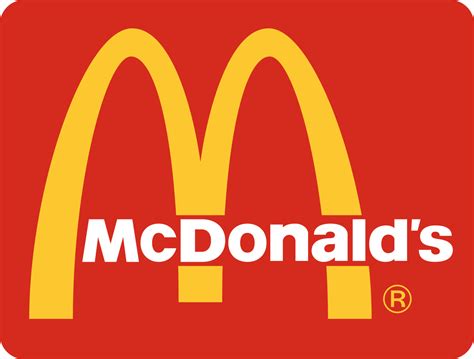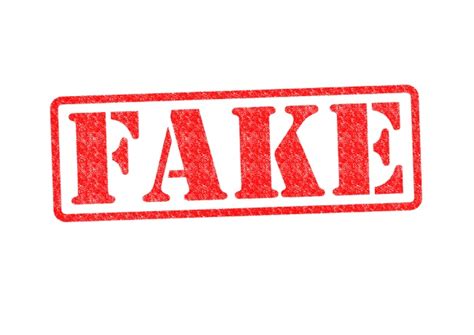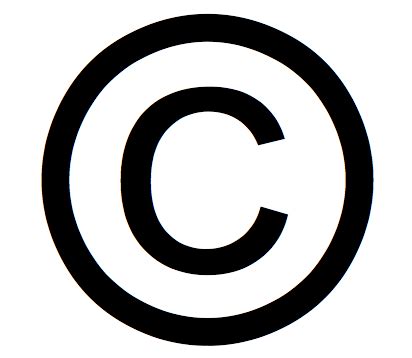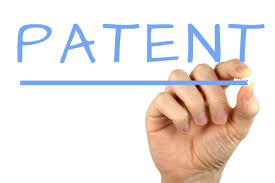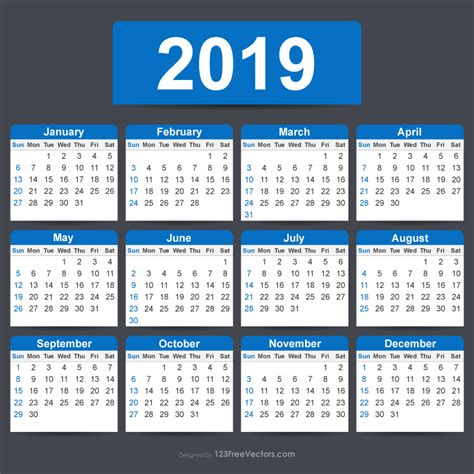|
Freeze-dried candy recipes have been all the hype across the internet and communities for a while now. Since they are easy to make, people have been buying freezers as a fun way to try out different freeze-dried recipes such as freeze-dried skittles and freeze-dried milk Duds.
If you are thinking of getting a freezer and trying freeze-dried candy to sell you might want to consider the potential trademark issues that may arise. In this article, we will cover how you could be infringing on other companies' trademarks by selling freeze-dried candy and how you can avoid it. Freeze-dried candy trademark issues
Often when selling freeze-dried candy, people tend to label their freeze-dried candy as “skittles” or “milk duds”. While there’s no legal risk in creating freeze-dried candy similar to Skittles or Milk duds labeling your candy “skittles” or “milk duds” can pose legal risks. “Skittles”, “Milk duds” and other names used by brands selling candy are trademarked, and by using these names you are infringing on their trademark rights. This can, therefore, land you into legal issues if are selling your freeze-dried candy with the trademarked names. What about combining different names with trademarked names? In an attempt to circumvent trademarks, people try labeling their freeze-dried candy as “freeze-dried skittles”, “homemade skittles”, “homemade freeze-dried milk-duds” etc. However, using the words homemade or freeze-dried before the words skittles or milk duds will not help you get around the trademark rights of the brands. You can still get sued for using the words “skittles” or “milk-duds” while labeling your product. Getting around trademarks while selling freeze-dried candy The only way to get around trademarks while selling freeze-dried candy is by steering clear of any names used by other brands selling candy. For example, instead of freeze-dried skittles, you can label your candy as ‘freeze-dried assorted candy’ or ‘freeze dried rainbow candy’ (please make sure to check these names are not already trademarked before using them). This way you’ll avoid infringing on other brands' trademarks and protect yourself from legal issues that may arise with trademark infringement. Got a trademark or IP question? If you have a trademark question about freeze-dried candy or any other IP issue we are always ready to help you out. Reach out to us here at Millar IP Law to book a free consultation. Otherwise good luck with your business. If you are a startup, small business, or a solo-inventor looking for a high quality & affordable patent or trademark, you've found the right place. Miller IP Law offers transparent and affordable options specifically designed for your business goals. Grab a strategy meeting to kick things off! |
 About the Firm... About the Firm... Miller IP Law is a firm that focuses on small businesses, startups, and entrepreneurs/solopreneurs. We’re easy to use. We offer affordable pricing that’s transparent and flat-rate. We focus on the little guys who actually need our help. If you’d like an attorney on your team, simply schedule a Zoom call, and we’ll take care of the rest. Top Blog Articles1. Cheapest Way To Get A Patent 2. How Long Does It Take To Get A Trademark?  Want to chat more about this topic, or got a burning question? Take advantage of instant chat and send us a direct message

Find Us On LinkedIn |
About Our Firm…
Miller IP Law is a group of attorney's, based out of Mountain Green, Utah, who are excited to help you build your business and further innovate market places and economies. Please consider looking at our services, billed at flat rate, and be sure to grab a free strategy session to meet with us!
Get weekly stories and information about protecting intellectual property with our e-mail Newsletter today!
Need To Get In Touch With Us?➡Schedule A Free Strategy Session Today… |
|
Flat Fee Pricing
Straightforward for Patents and Trademarks
|
Patent Application |
Trademark Application |
Copyright Application |





































